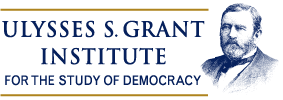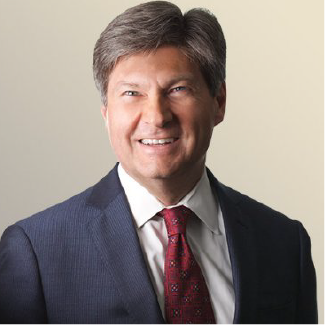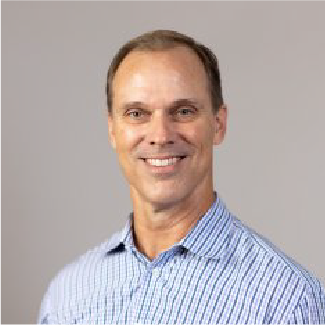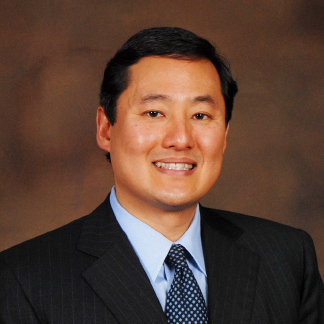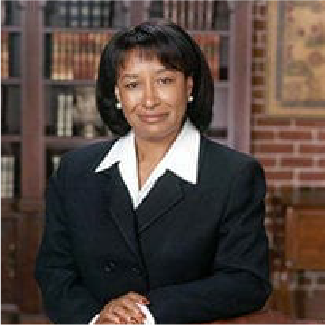
Ret. Judge Janice Rogers Brown is a Senior Fellow and Senior Visiting Jurist in the Public Law and Policy Program at UC Berkeley School of Law. Judge Janice Rogers Brown was confirmed to the United States Court of Appeals for the District of Columbia Circuit on June 8, 2005. Judge Brown retired from the bench in 2017. From 1996 to 2005, Judge Brown was an Associate Judge of the California Supreme Court. Previously, she served as an Associate Justice of the Third District Court of Appeal in Sacramento
